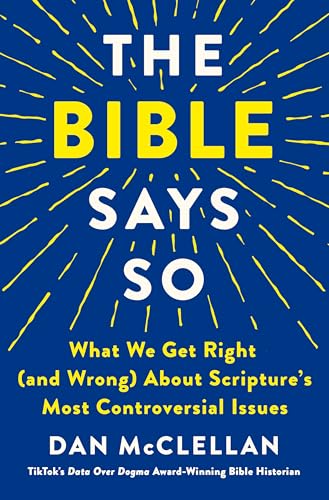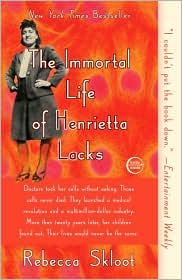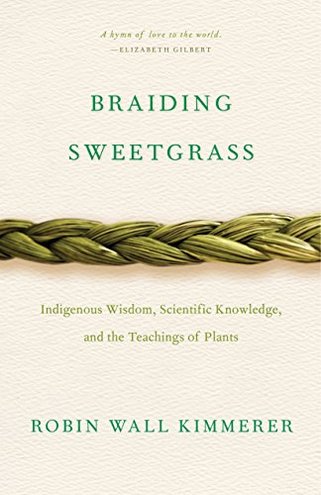Review of THE BIBLE SAYS SO
by Johny McFliggen, PhD Literature & Business, Oxford
In a literary world saturated with the din of pseudo-scholarly chatter and theological posturing, Daniel McClellan’s "The Bible Says So" emerges as a bold, erudite voice that cuts through the noise with the precision of a surgeon wielding Occam's razor. As a seasoned scholar of biblical texts, McClellan dives into the murky waters of scriptural interpretation with the confidence of a diver who has mapped every reef and shipwreck beneath the surface.
McClellan’s work is reminiscent of Bart D. Ehrman's "Misquoting Jesus," yet it stands apart with its unique focus on the cultural interplay between ancient scripture and modern societal issues. Where Ehrman meticulously sifts through textual variations, McClellan approaches the Bible as a living document—a palimpsest of human experience and divine aspiration, constantly reinterpreted by each generation. His is a voice that resonates with the intellectual rigor of Israel Finkelstein and Neil Asher Silberman’s "The Bible Unearthed," but with an added layer of sociopolitical awareness that feels as timely as it is timeless.
In "The Bible Says So," McClellan tackles the thorny issue of biblical authority with a deftness that is both enlightening and unsettling. He challenges the reader to reconsider long-held assumptions, peeling back layers of tradition to expose the raw, unadulterated narratives that lie beneath. His analysis of the historical context in which these texts were written is both comprehensive and incisive, drawing parallels to contemporary issues with an ease that would make even the most seasoned theologians slightly envious.
Perhaps what sets McClellan apart is his engagement with modern ethical debates—sometimes reminiscent of Matthew Vines' exploration in "God and the Gay Christian." McClellan's approach is less about providing definitive answers and more about equipping readers with the tools to ask better questions. He invites us to ponder not just what the Bible says, but what it means in the context of our ever-evolving moral landscape.
For those who delight in intellectual pursuits, "The Bible Says So" offers a cerebral feast—rich, complex, and occasionally provocative. McClellan’s writing is both accessible and sophisticated, ensuring that his insights reach beyond the ivory towers of academia to engage a wider audience hungry for thoughtful discourse. The book is not without its critics, as any work challenging entrenched beliefs will inevitably be, yet it is precisely this willingness to provoke dialogue that marks its significance.
In sum, "The Bible Says So" is a testament to McClellan’s scholarly acumen and his commitment to fostering a nuanced understanding of biblical texts. It beckons readers to embark on a journey through the labyrinthine corridors of scripture, armed with curiosity and an open mind. For those willing to engage with its ideas, this book promises to be not just informative, but transformative—a rare gift in the realm of religious studies.
Purchase Link: THE BIBLE SAYS SO on Amazon



